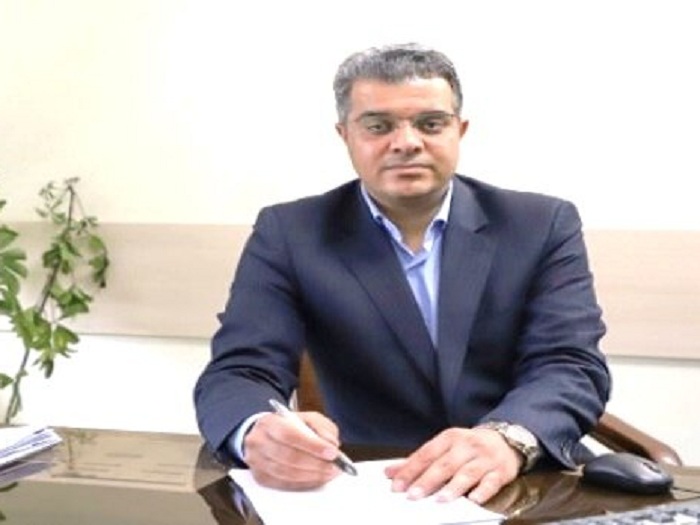The Granite Resolution of the Khorasan Razavi Mines Council is an action to protect the environment

The decision of the Khorasan Razavi Mines Council to allow the use of Mashhad granite tailings for construction operations in the urban plans of this metropolis is a good expert action in order to protect the environment and prevent its destruction.
According to the Iran International Stone Exhibition, the Deputy Minister of Mines and Mining Industries of Khorasan Razavi Industry, Mining and Trade Organization said: Waste materials extracted from granite mines located in the southern suburbs of Mashhad following the approval of the Provincial Council of Khorasan Razavi Mines These metropolises are used.
Mining tailings are soil and rock masses that are separated from minerals and valuable materials extracted from the mine and disposed of.
The large volume and excessive weight of mineral tailings that are normally left in the vicinity of mines, due to their destructive and harmful environmental effects, has always been a problem that needs to be addressed.
Mohammad Tavakoli added: Khorasan Razavi Silence Organization, based on the approval of the Provincial Council of Mines, will provide Mashhad granite mine tailings with materials in cooperation with the Khorasan Razavi Municipalities Cooperation Organization as materials for urban project implementers in Mashhad metropolis.
He continued: The license to use 35,000 tons of active granite mines in the southern outskirts of Mashhad has been given to the Khorasan Razavi Municipalities Cooperation Organization within the framework of the first phase of the implementation of the resolution of the Khorasan Razavi Mines Council.
Deputy Minister of Industry, Mining and Trade of Khorasan Razavi said: "Before the approval of the Provincial Council of Mines, the tailings of these granite mines had remained unused for years."
He added: "This situation, with the depot of a large volume of mineral waste in the area, also created many environmental problems in the southern part of the suburbs of the metropolis, which needed to be addressed."
Tavakoli continued: "Now, with the measures taken by the Khorasan Razavi Mines Council in the framework of the recent resolution, the growing problems of granite mine tailings have been solved and resolved."
He said: Granite waste will not remain in place from now on because it has become a mineral and will be used as a material in the development projects of Mashhad Municipality.
Deputy Minister of Mines and Mining Industries of Khorasan Razavi Silence Organization added: "Now, after years of mining activities in the south of Mashhad, the volume of granite tailings deposited in the suburbs of this metropolis has exceeded 500,000 tons."
He said: "Granite waste left around Mashhad can now be used in urban development projects for flooring, walling, blocks next to the table, green space and planted areas and many other similar cases."
Finding a way to recycle mineral waste not only prevents its accumulation as environmental waste but can also be used as a way to meet the needs of industries and construction projects.
Marble, whose Latin name is granite, is one of the most widely used stones in the construction industry due to its strength and luster. It is one of the minerals with a large volume of waste wastes that cause pollution and environmental degradation.
According to the results of researchers at the University of Tabriz, soil and rocks play a major role in natural radiation, and granite rocks have high radioactivity due to uranium, thorium and radioactive potassium.
Researchers at the University of Tabriz have announced that granite, by being in an environment with strong X-rays, gamma rays and magnetic fields and powerful chemicals, emits radioactive waves that emit radiation of each element in a specific period of time and sometimes cause specific pollutions and diseases. It becomes cancerous.
Also, the presence of iron element in granite stone causes corrosion or rust, so its accumulation of waste in the long run is a factor in the transfer of toxic iron rust to soil and water in the environment.
Accordingly, the survival of granite mines in the long run is harmful to humans and the environment. European countries and the United States have therefore banned the use of granite in hospital and laboratory settings for the past 17 years.
Khorasan Razavi has 764 mines and 46 types of minerals with exploitation licenses with 2.8 billion tons of mineral reserves.










